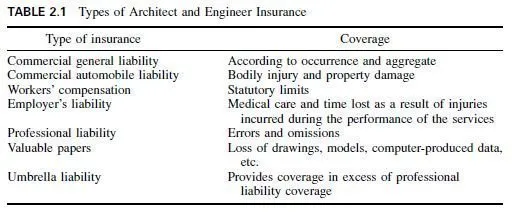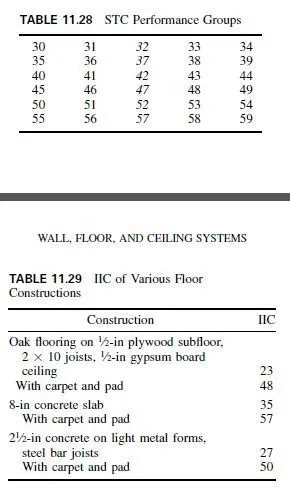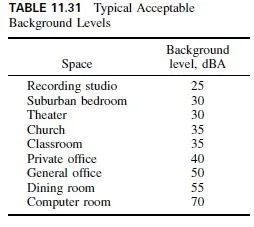A contractor must deal with numerous public agencies. In some localities, to obtain the necessary permits for start and approval of completed construction, a contractor, for example, may have business with the following agencies: building department, highway department, fire department, police department, city treasurer or controller, sewer and water department, and various government agencies providing the financing, such as Federal Housing Administration, State Division of Housing, or a public-interest corporation formed by the state or municipality for undertaking construction work.
The contractor must be familiar with the organization of the agency and the division of functions, that is, which portion of the agency does design, which does construction-cost approval, and which does inspection. The contractor should also determine whether financing is provided for completed construction, or merely by providing or guaranteeing a mortgage. In addition, the contractor should be knowledgeable on construction-code enforcement; source of payments, whether through a capital construction budget or merely a building mortgage; permits required, methods of obtaining them, and fees; record keeping; and methods of obtaining information from the agencys files.
The contractor should do the following to deal most effectively with public agencies. First, various members of the contractors staff should concentrate their efforts and become experts on dealing with one or more agencies. For instance, the person in charge of field operations should be the one to deal with the building department and building inspectors. This person should become familiar with the organizational structure of the building department and know the inspectors. Others in the organization should be versed in dealing with city treasurers or comptrollers, and still others with state or Federal agencies.
Second, up-to-date files and information should be kept and segregated on agency regulations and procedures. For example, building department codes and regulations should be obtained, and revisions of these should be maintained in the contractors offices.
Also, it is very important that a personal relationship be established between the contractors personnel and the members of the agencies with which the personnel deal. Most agency personnel are willing to help when approached on a frank and open basis.


